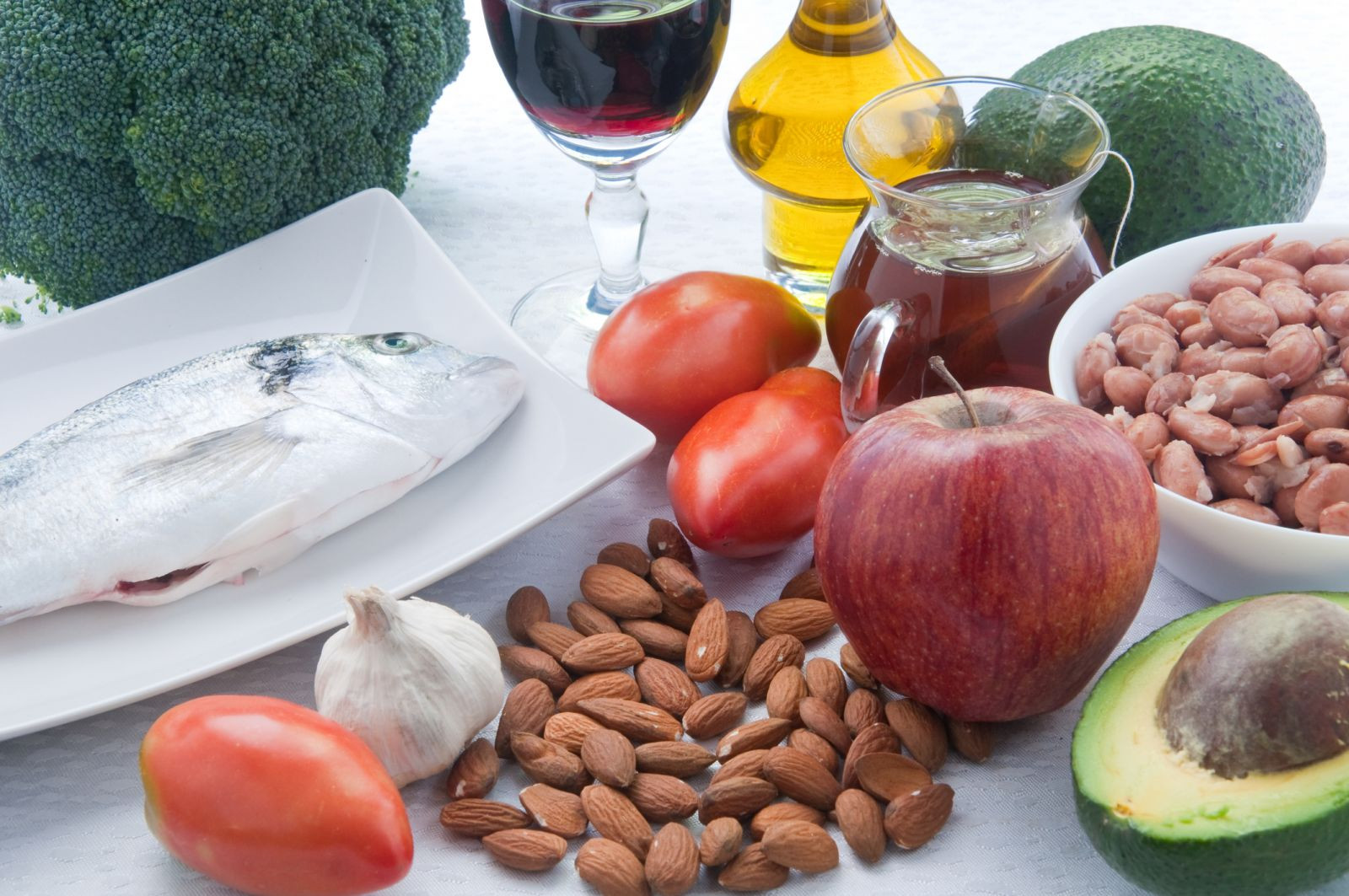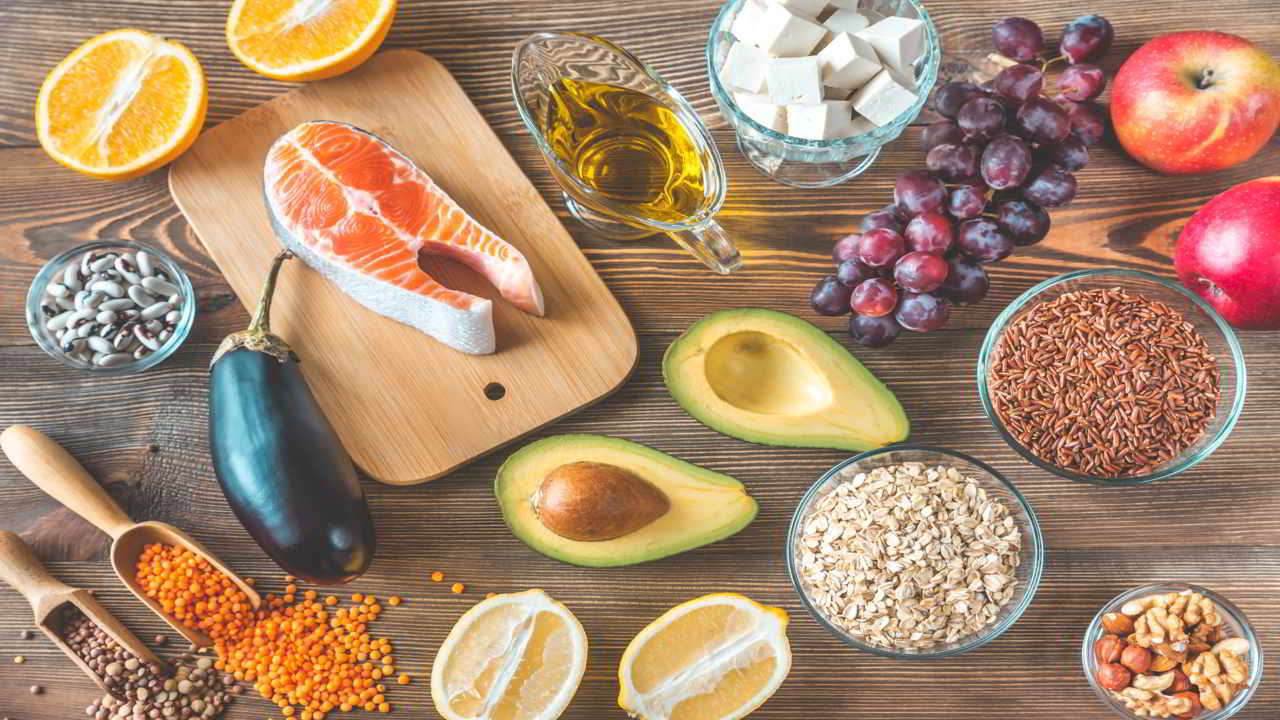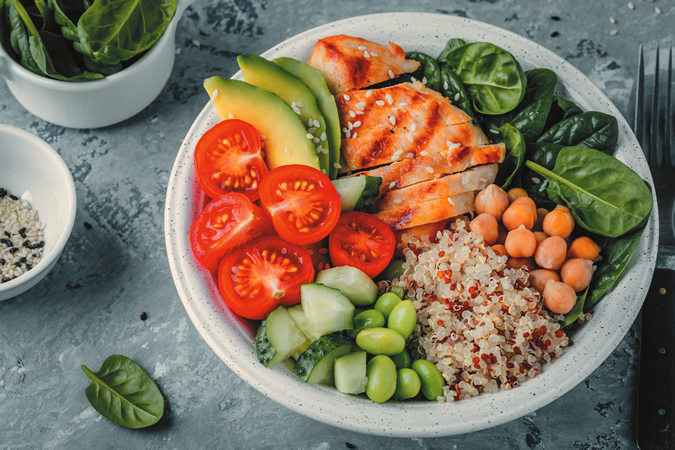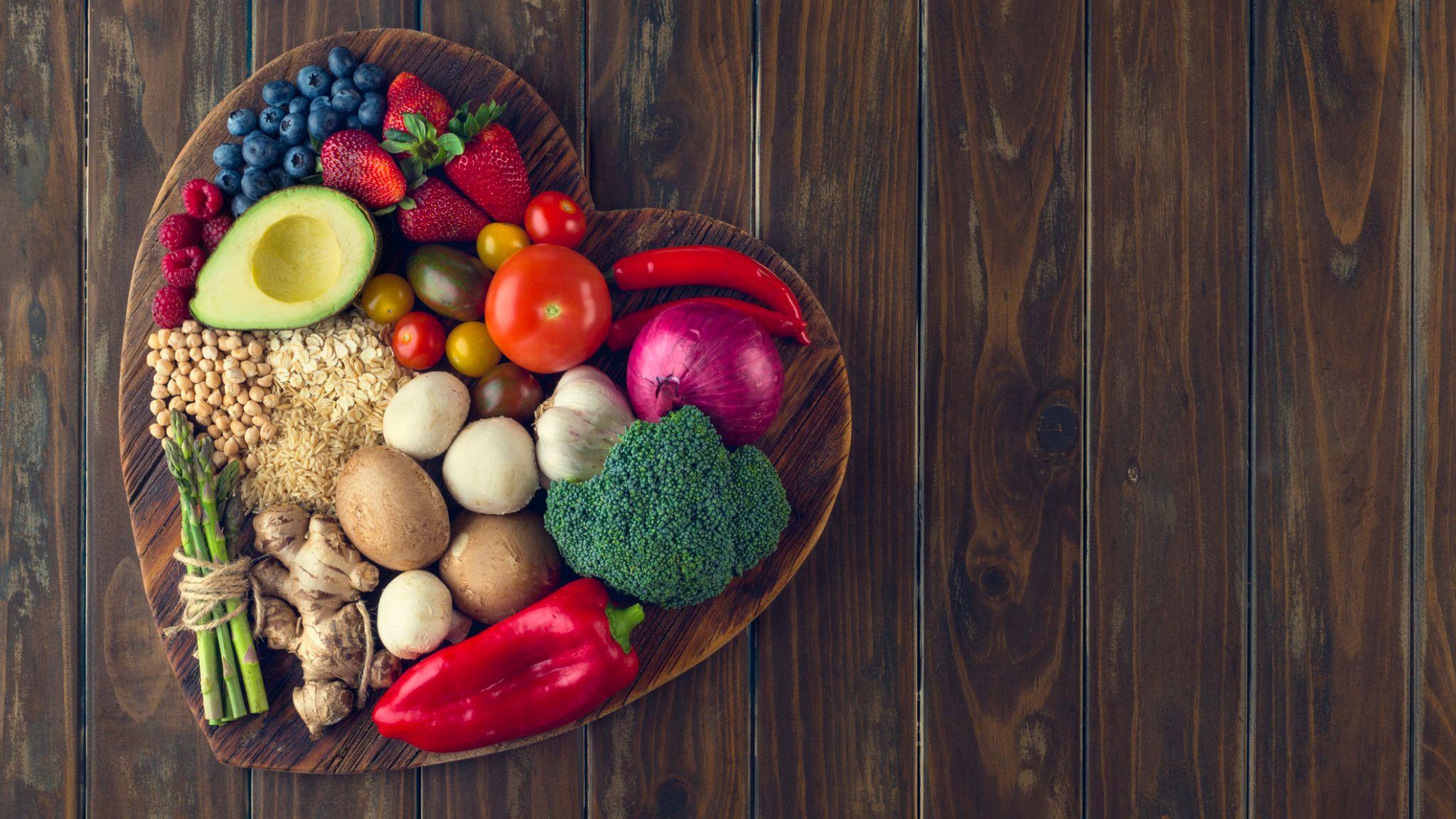Cholesterol, a waxy substance found in the cells of our body, plays a crucial role in various bodily functions. However, elevated cholesterol levels, especially the bad cholesterol or LDL (low-density lipoprotein), can significantly increase the risk of heart disease. While medications are available to manage cholesterol levels, adopting a healthy and balanced diet can also be effective in naturally lowering cholesterol. In this article, we will explore 15 foods that lower cholesterol that have proven to be beneficial in reducing cholesterol levels without relying on medication. Additionally, we will identify five worst foods that can lead to clogged arteries and worsen heart health.
Foods that Lower Cholesterol Naturally

a. Maintaining a healthy diet is the foundation of managing15 foods that lower cholesterol levels. By incorporating specific foods known to lower cholesterol, individuals can improve their heart health and overall well-being. One crucial aspect is consuming foods rich in soluble fiber, such as oats, barley, and legumes. Soluble fiber binds to cholesterol in the digestive system, preventing its absorption and helping to excrete it from the body. Fashioned Oats These oats are a great source of soluble fiber, helping to lower cholesterol when consumed regularly.
b. Nuts, such as almonds and walnuts, are also beneficial due to their high content of monounsaturated fats, which can lower LDL cholesterol levels. Similarly, including omega-3 fatty acids from sources like fatty fish, flaxseeds, and chia seeds can help reduce triglyceride levels and support heart health.
c. Antioxidant-rich fruits and vegetables, such as berries, citrus fruits, spinach, and kale, can also contribute to lower cholesterol levels. These foods combat oxidative stress and inflammation, promoting a healthier cardiovascular system.
d. Plant sterols and stanols are compounds found in certain plant-based foods that have a structure similar to cholesterol. Consuming them can help block cholesterol absorption, reducing LDL cholesterol in the bloodstream. Additionally, dark chocolate, when consumed in moderation, has been shown to have cholesterol-lowering properties due to its high cocoa content.
The Power of Beans and Legumes
a. Beans and legumes are excellent additions to a heart-healthy diet. They are rich in soluble fiber, protein, and nutrients, making them beneficial for cholesterol management. Kidney beans, black beans, and navy beans, among others, help reduce LDL cholesterol levels and maintain heart health.
b. Lentils, a type of legume, are also effective in lowering cholesterol due to their fiber content and ability to improve overall heart health. Chickpeas, commonly known for their use in hummus, have positive impacts on cholesterol levels and contribute to a balanced diet.
Healthy Fats for Lower Cholesterol

a. Contrary to the misconception that all fats are harmful, incorporating healthy fats into the diet can be advantageous for15 foods that lower cholesteroll management. Avocados, for instance, are abundant in monounsaturated fats, which can lower LDL cholesterol and increase HDL (high-density lipoprotein) cholesterol, often referred to as the “good” cholesterol. Bob’s Red Mill Barley Barley is another excellent source of soluble fiber, which can contribute to reducing cholesterol levels.
b. Olive oil, a staple in Mediterranean cuisine, is another heart-friendly fat that can improve cholesterol levels and reduce the risk of heart disease. Additionally, fatty fish like salmon, mackerel, and sardines provide omega-3 fatty acids, which play a vital role in cardiovascular health.
Whole Grains for Heart Health
a. Whole grains are unrefined grains that contain all parts of the seed, including the bran, germ, and endosperm. This makes them rich in fiber, vitamins, and minerals. Whole grains like oats, barley, and quinoa can help lower 15 foods that lower cholesterollevels when included in a well-balanced diet.
b. Oats, in particular, are known for their beta-glucan content, a type of soluble fiber that can reduce LDL cholesterol levels. Quinoa, a complete protein source, is a great alternative to refined grains and can contribute to heart health.
Embracing a Colorful Plate

a. Incorporating a variety of colorful fruits and vegetables into one’s diet can lead to numerous health benefits, including 15 foods that lower cholesterol reduction. Cruciferous vegetables like broccoli, cauliflower, and Brussels sprouts are high in fiber and antioxidants, promoting a healthier heart. Lentils are rich in soluble fiber and can be a beneficial addition to a cholesterol-lowering diet.
b. Berries, such as blueberries, strawberries, and raspberries, contain polyphenols that have been linked to lower LDL cholesterol levels. Brightly colored fruits like oranges, papayas, and kiwis are also rich in vitamins and antioxidants, supporting heart health.
5 Worst Foods for Artery Health
a. While focusing on foods that lower 15 foods that lower cholesterol, it is equally important to be aware of the foods that can negatively impact heart health. Trans fats and hydrogenated oils, often found in processed and fried foods, raise LDL cholesterol levels and lower HDL cholesterol, making them harmful for arteries.
b. Red meat, especially when high in saturated fat, can contribute to increased cholesterol levels and should be consumed in moderation. Highly processed and refined foods, like sugary snacks and white bread, can lead to weight gain and negatively affect heart health.
c. Excessive alcohol consumption can also harm arteries and contribute to higher cholesterol levels. Moderation is key when it comes to alcohol intake.
The Connection Between Diet and Heart Health

The relationship between diet and heart health is undeniable. By making informed food choices and adopting a balanced diet that includes foods known to lower 15 foods that lower cholesterol, individuals can actively manage their heart health and reduce the risk of heart disease. Black beans are a delicious way to include more soluble fiber in your meals and support heart health.
It is essential to recognize that dietary changes should be sustainable and part of a long-term lifestyle approach to health. Incorporating these heart-healthy foods into daily meals can make a significant difference in maintaining healthy cholesterol levels and promoting overall well-being.
Conclusion
In conclusion, a diet that prioritizes heart-healthy foods can be a powerful tool in managing 15 foods that lower cholesterol levels without relying solely on medication. By including foods rich in soluble fiber, healthy fats, and antioxidants, individuals can effectively lower LDL cholesterol and improve heart health.
FAQs
Are all fats bad for 15 foods that lower cholesterol levels?
Not all fats are bad. Healthy fats, such as monounsaturated and polyunsaturated fats found in avocados, nuts, and olive oil, can actually improve cholesterol levels.
Can exercise help lower 15 foods that lower cholesterol?
Yes, regular physical activity can raise HDL cholesterol (good cholesterol) and lower triglycerides, contributing to overall heart health.
Can losing weight help in lowering 15 foods that lower cholesterol?
Absolutely! Shedding excess weight, especially around the waistline, can lead to improved cholesterol levels.
Is it necessary to completely avoid cholesterol-containing foods?
Not necessarily. While it’s essential to limit cholesterol-rich foods like organ meats and egg yolks, the focus should be on reducing saturated and trans fats.
Can stress impact cholesterol levels?
Yes, chronic stress can affect cholesterol levels. Managing stress through relaxation techniques can support heart health.
Can I still enjoy occasional treats while managing cholesterol?
Yes, moderation is key. You can enjoy your favorite treats occasionally while maintaining a heart-healthy diet overall.




